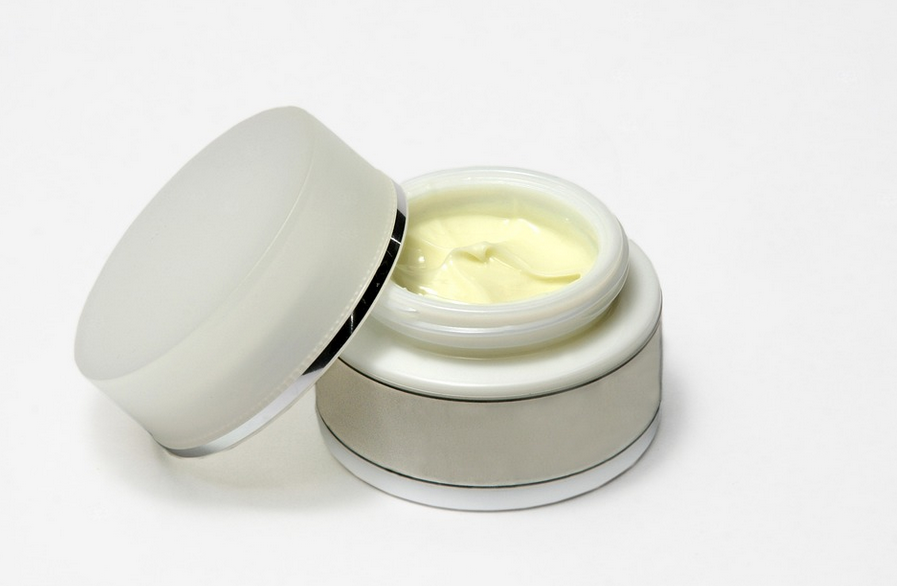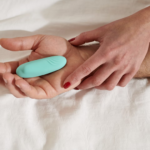The Best Remedies to Combat Vaginal Dryness

With aging, vaginal dryness comes, whether we’re ready or not. But don’t worry. This is a common problem for women. If you optimize your Onlyfans search for MILFs, you will find many creators share awareness and suggestions regarding this condition. Because estrogen is essential for maintaining the natural lubricants that keep the vagina healthy, estrogen levels decline with age. When estrogen levels decline, our bodies produce fewer natural lubricants, causing vaginal dryness and discomfort. Although it is impossible to return to your younger years, there are many ways to treat vaginal dryness. Here are four remedies you should definitely try.
Hormone Replacement Therapy (HRT)
Hormone replacement therapy, or HRT, uses bioidentical hormones to replace natural estrogen lost through aging. Because bioidentical hormones are chemically identical to those the body produces naturally, they do not have the adverse effects of older conventional HRT products. In addition, hormone replacement therapy can be tailored to your needs and modified accordingly so that you receive the treatment you need to manage your symptoms.
Topical Estrogen Creams
While hormone replacement therapy is excellent for treating various symptoms of estrogen deficiency, if you suffer exclusively from vaginal dryness, a topical cream may be more appropriate. When these lotions are applied to the vagina, the estrogen in them is immediately absorbed by the vaginal tissue. Don’t like to put lotion on your face? No problem. For ease of use, vaginal estrogens are also available in the form of suppositories. With the help of our team, you can find the ideal product.

Vaginal Lubricants
If dryness symptoms bother you only during intercourse, a lubricant may be the right solution during foreplay. Lubricants are used to moisturize the vagina during or just before intercourse, unlike topical hormonal lotions that are administered regularly. Tons of varieties of lube are available today.
Pro tips: Avoid do-it-yourself lubricants, such as baby oil, and use products specifically for this task. If you use condoms, you should also avoid oil-containing lubricants because they can weaken condoms and increase the likelihood of breakage. Oil-based lubricants can also increase the risk of vaginal infections.
Making a Switch to Your Daily Body Care Routine
All these chemicals, including body washes, moisturizers, and even laundry detergents, can irritate the delicate tissues of the vagina. Other good examples are mouthwashes and vaginal rinses. Although these products are “designed” to care for the vagina, they can cause dryness and discomfort. The same goes for depilatory creams and shaving and waxing products.
If vaginal dryness is accompanied by irritation, itching, or burning, try changing products each time to see if symptoms improve. Always choose the gentlest alternative for personal hygiene products, especially those used around intimate areas. And remember: depending on your skin sensitivity, even products labeled “natural” or “gentle” can irritate.
You may also be familiar with rejuvenation methods. However, a specialist does not recommend these methods for vaginal dryness. They often treat skin pigmentation, wrinkles, and sagging vaginal tissue. They can be expensive because they are not FDA-approved and are not covered by health insurance companies. Finally, women often suffer from vaginal dryness, especially after menopause. However, you do not have to feel harassed or uncomfortable. Treatment options can moisturize the vagina and restore its well-being.







